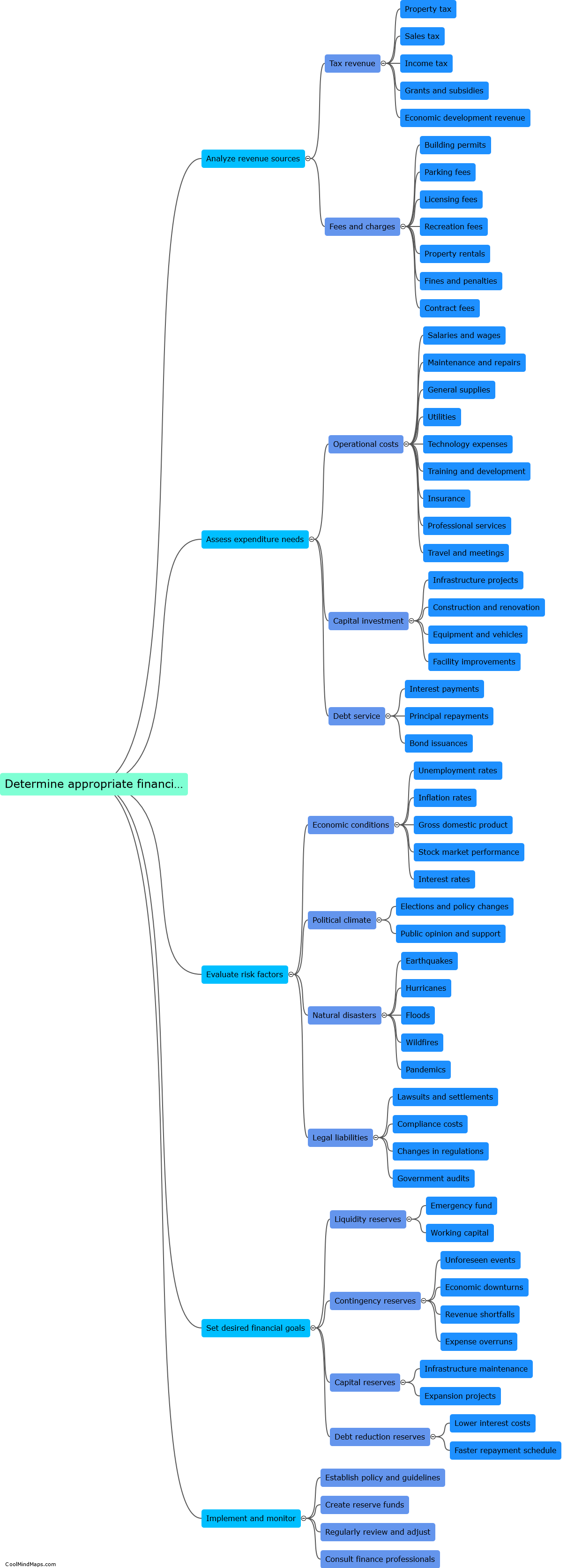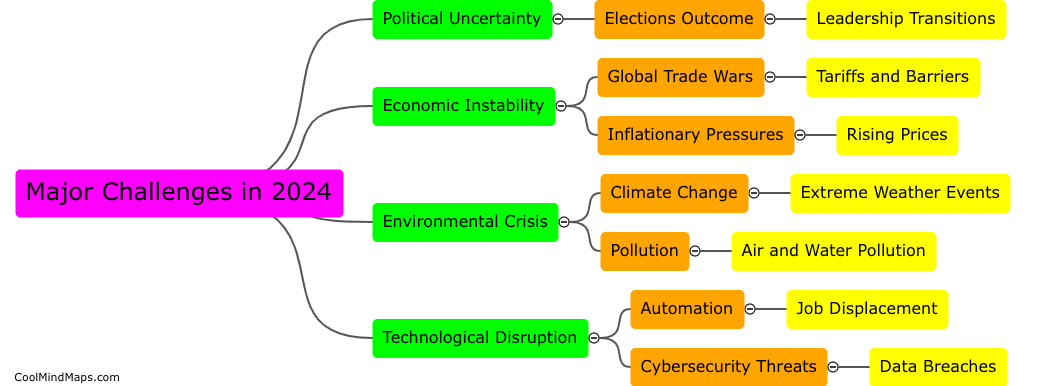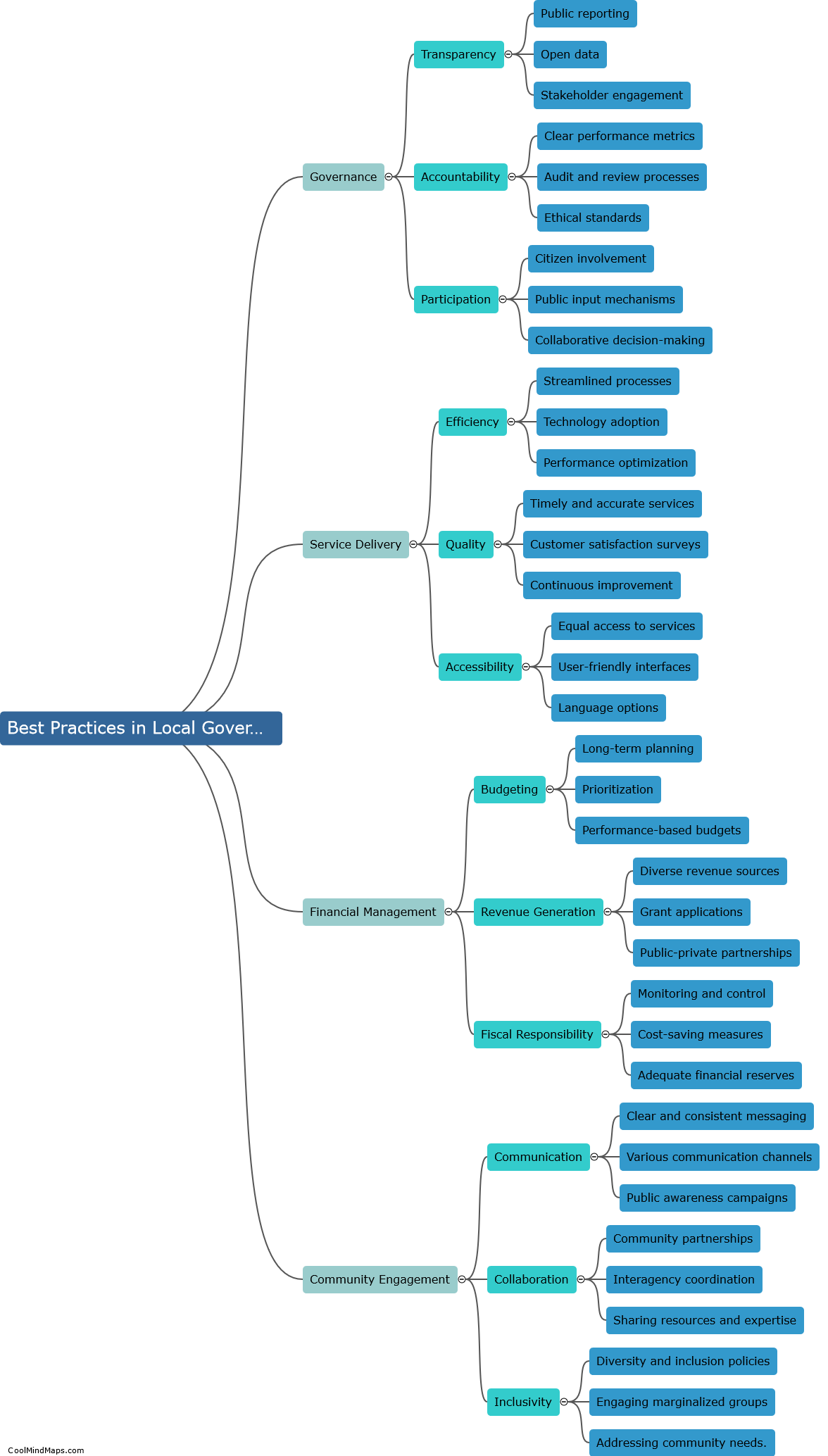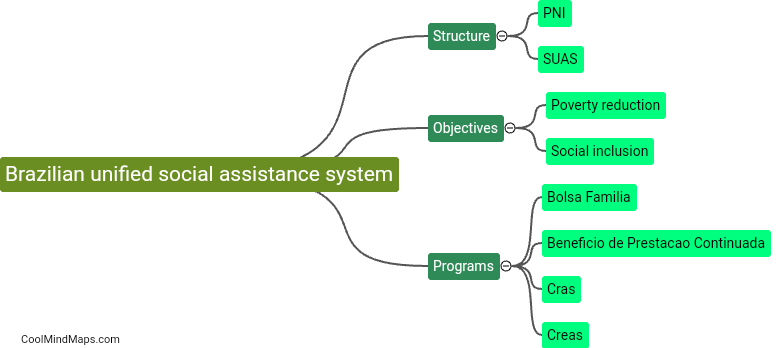How can local governments determine the appropriate amount for financial reserves?
Determining the appropriate amount for financial reserves is a crucial task for local governments as it involves balancing the need to handle unforeseen expenses and emergencies while ensuring that taxpayer dollars are not excessive. One common approach is to establish a reserve policy that sets a target for reserves based on factors such as revenue volatility, expenditure risks, or a specific percentage of operating budgets. Governments may also consider their historical spending patterns and the potential impact of economic downturns or natural disasters. Collaboration with financial experts, such as financial advisors or auditors, can provide valuable insights into assessing risk factors and establishing appropriate reserve levels. Ultimately, local governments must strike a careful balance between having enough reserves to mitigate risks and avoiding unnecessarily tying up funds that could be used for other essential services or investments.

This mind map was published on 6 December 2023 and has been viewed 99 times.











